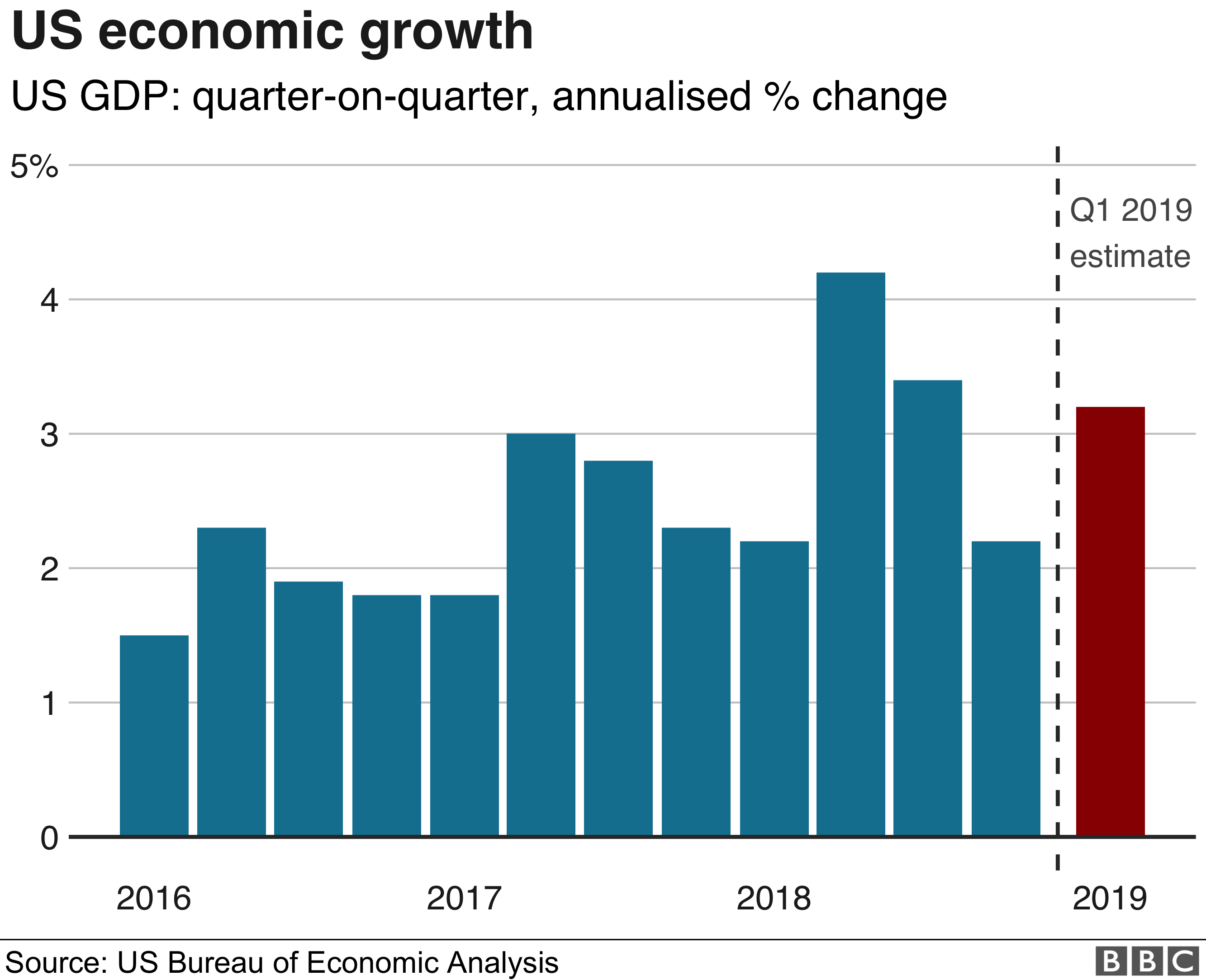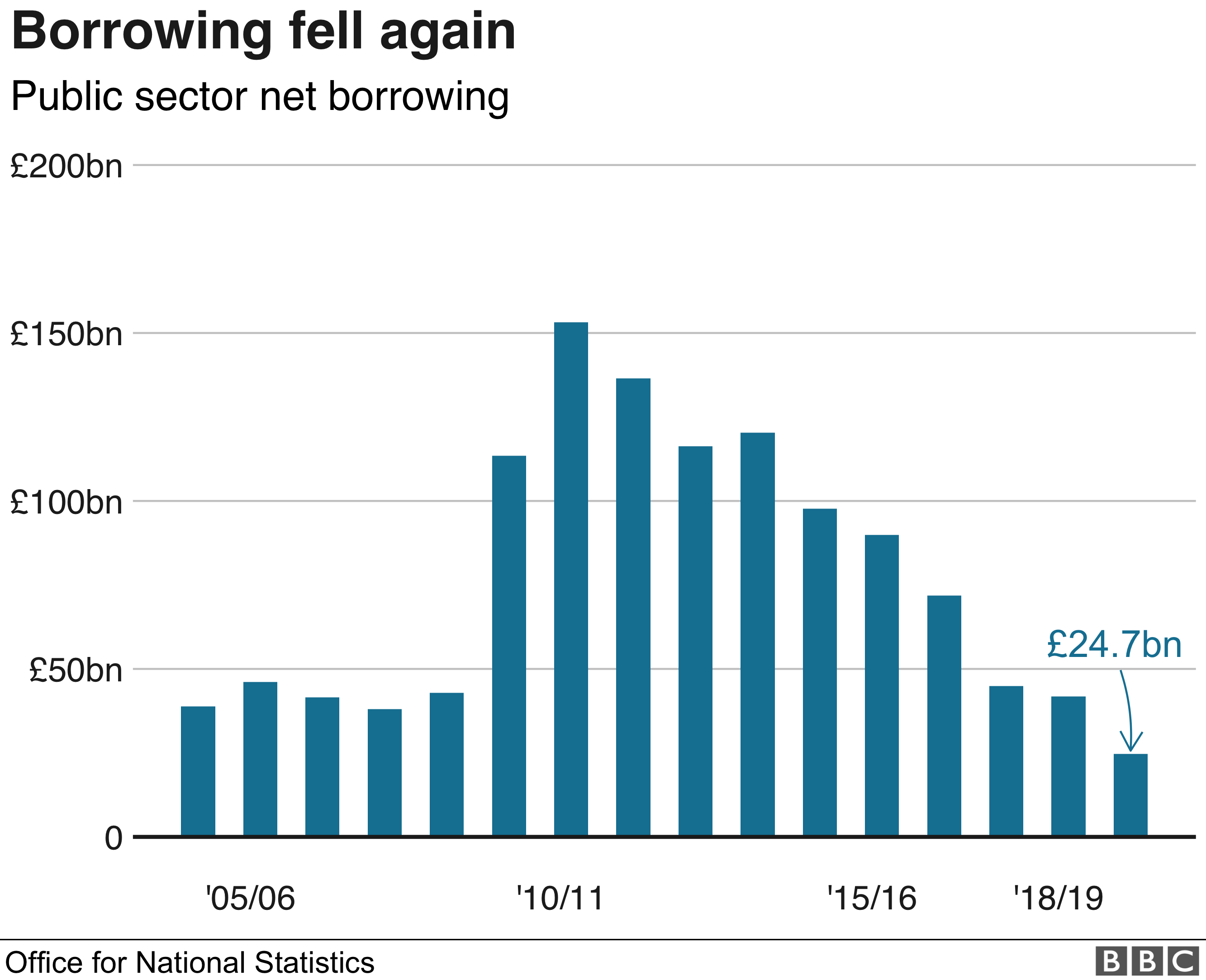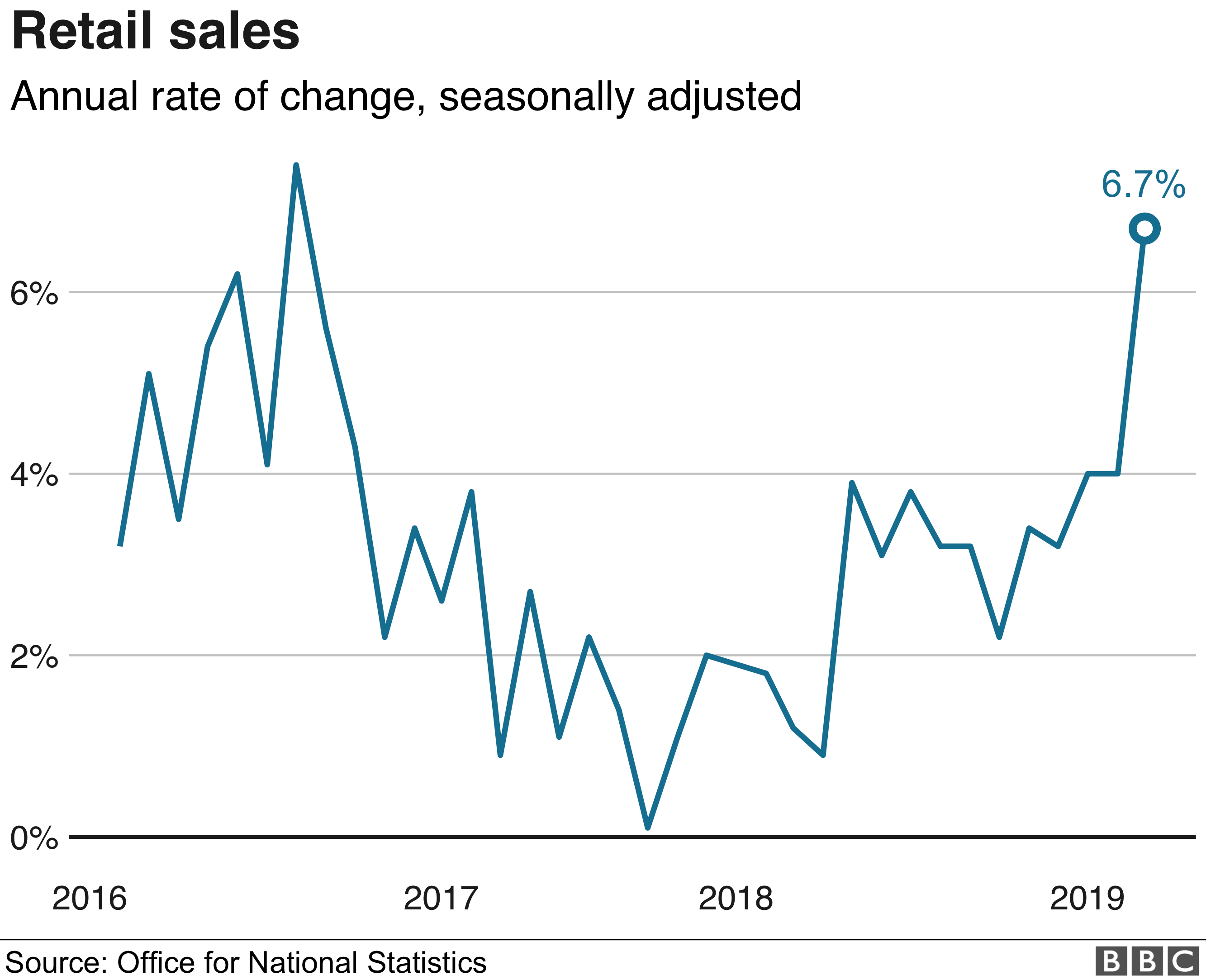(Reuters) - U.S. President Donald Trump, three of his children and seven of his companies filed a federal lawsuit Monday against Deutsche Bank and Capital One Financial Corp to block the banks from complying with federal subpoenas investigating his financial dealings.
The federal lawsuit, filed in the U.S. District Court’s Southern District of New York, contended that demands for records by Democrat-controlled House committees have no legitimate or lawful purpose.
“The subpoenas were issued to harass President Donald J. Trump, to rummage through every aspect of his personal finances, his businesses, and the private information of the President and his family,” the lawsuit said.
It also complains that the Democrats are hoping “they will stumble upon something they can expose publicly and use as a political tool against the President.”
Representative Maxine Waters, the chairwoman of the Financial Services Commission and Representative Adam Schiff, the chairman of the Intelligence Committee, both Democrats, called the lawsuit “meritless” in a joint statement, the New York Times and other media reported.
On April 15, two U.S. House of Representatives committees issued subpoenas to multiple financial institutions for information on Trump’s finances. Both banks have been involved in Trump’s real estate empire.
“The potential use of the U.S. financial system for illicit purposes is a very serious concern. The Financial Services Committee is exploring these matters, including as they may involve the president and his associates, as thoroughly as possible,” Waters, said in a statement earlier.
Schiff said previously in a statement the subpoenas issued included a “friendly subpoena to Deutsche Bank.”
Trump recently has said that he intends to defy any efforts from the Democrats to dig into his affairs. Among other things, the Democrats have been looking into possible dealings Trump might have with Russia.
The suit, which includes The Trump Organization Inc. and Trump’s three eldest children Donald Jr., Eric and Ivanka, states that the court has the power to declare the subpoenas invalid.
A representative of Deutsche Bank said in a statement: “We remain committed to providing appropriate information to all authorized investigations and will abide by a court order regarding such investigations.”
Attorneys and representatives for the two sides were not immediately available to Reuters late Monday.
Reporting by Rich McKay; editing by Richard Pullin
Our Standards:The Thomson Reuters Trust Principles.








